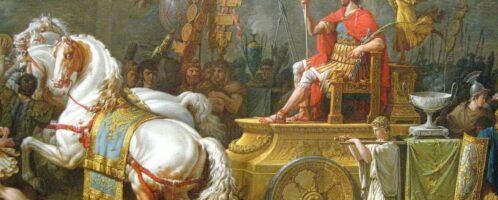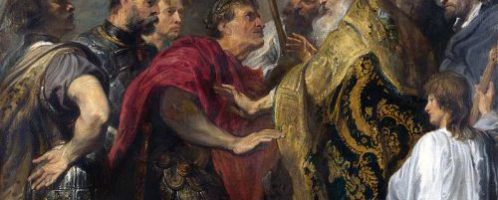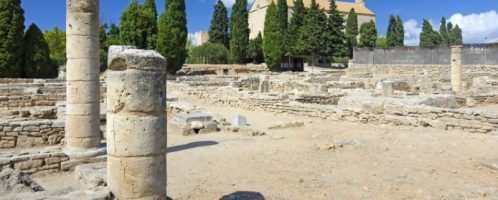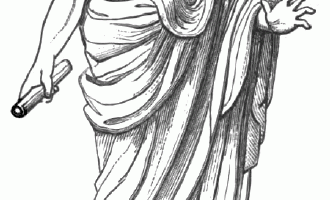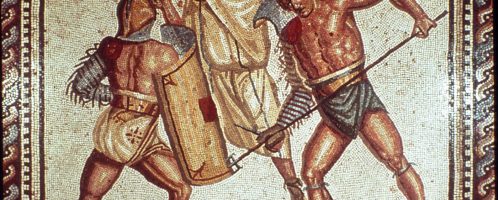In 390 CE emperor Theodosius I, at the instigation of the Church, issued a bill under which every homosexual act is to be punished: “When a man marries [a man] as a woman offering herself to men (quum vir nubit in feminam viris porrecturam), what can he be seeking, where gender has lost its place; when the crime is one which it is not profitable to know; when Venus is changed to another form; when love is sought and not found? We order the statutes to arise, the laws to be armed with an avenging sword, that those infamous persons who are now, or who hereafter may be, guilty may be subjected to exquisite punishment”.

